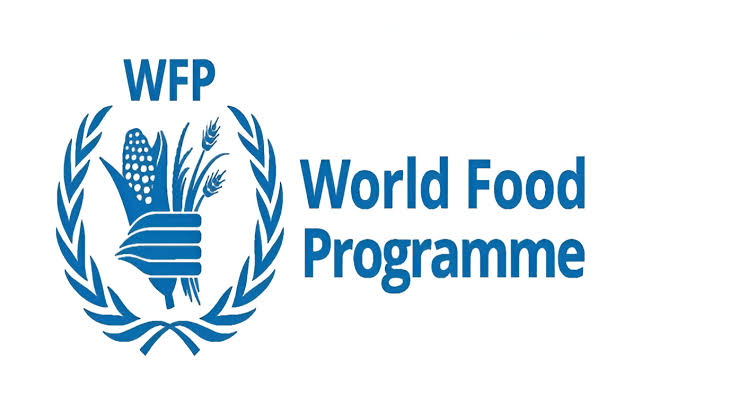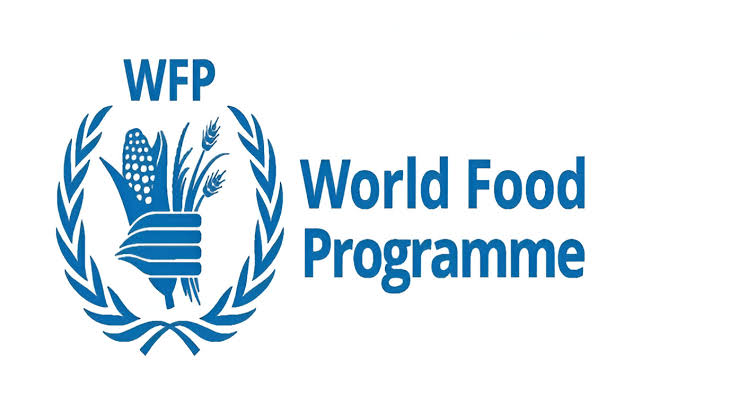Millions Face Starvation, Security Crisis Looms After U.S. and Global Aid Reductions Paralyze Operations in Seven Conflict-Ravaged Nations


Dakar/Nairobi/Abuja – The World Food Program (WFP) has suspended all food and nutritional assistance across seven crisis-stricken West and Central African countries, declaring that drastic cuts in U.S. and international funding have ground its operations to a halt. The move leaves millions of displaced families, malnourished children, and conflict-trapped communities without emergency support as food stocks dwindle toward depletion.
The suspension, already effective in Mali, Mauritania, and the Central African Republic, will expand to Cameroon, Chad, Niger, and Nigeria by September. In northern Mali, where jihadist violence has displaced thousands, families have received no food aid since June—coinciding with the Sahel’s lean season when harvests are exhausted. Camps hosting Nigerian refugees in Cameroon face drastic ration cuts, while Chad braces for an influx of refugees fleeing Sudan’s war even as its own emergency supplies run out by December.
“Without urgent support, our ability to respond shrinks by the day,” said Margot van der Velden, WFP’s Regional Director for West Africa. She confirmed the agency needs $494 million to sustain operations through 2025 but faces “totally depleted” funds. The collapse follows U.S. President Donald Trump’s sweeping reductions to USAID and UN funding, which have starved humanitarian responses despite escalating crises.
Children Starving, Clinics Overwhelmed
In Nigeria’s conflict-ravaged north, 300,000 children now risk “severe malnutrition, ultimately raising the risk of death,” according to internal WFP data. The International Rescue Committee reported a 178% surge in malnutrition admissions at its clinics from March to May. Over 1.3 million people in the region rely solely on WFP aid—now suspended.
Niger faces total aid cessation by October. In the Central African Republic, food stocks will exhaust within weeks. “We eat leaves or nothing,” a displaced Malian mother told aid workers in July.
The suspension strikes regions already reeling from overlapping disasters. Militant groups like Boko Haram and Sahel-based jihadists exploit vacuums left by retreating aid agencies. “Hunger compounds every layer of crisis,” said Oluwole Ojewale, a Dakar-based security analyst. “We’ve seen people join extremism simply to survive poverty.”
The UN warns that climate shocks—droughts and failed harvests—have intensified displacement, while attacks by armed groups killed thousands and displaced millions in 2024 alone. Van der Velden stressed the stakes extend beyond hunger: “This isn’t just humanitarian. It threatens the stability of the entire region.”
Experts trace the crisis to collapsed Western aid budgets. The U.S. cuts have cascaded through UN agencies, forcing WFP to slash programs even as needs soar. With operations frozen, jihadist groups are actively recruiting desperate youth. “It’s double jeopardy,” Ojewale warned. “No food, no security—only rage.”



